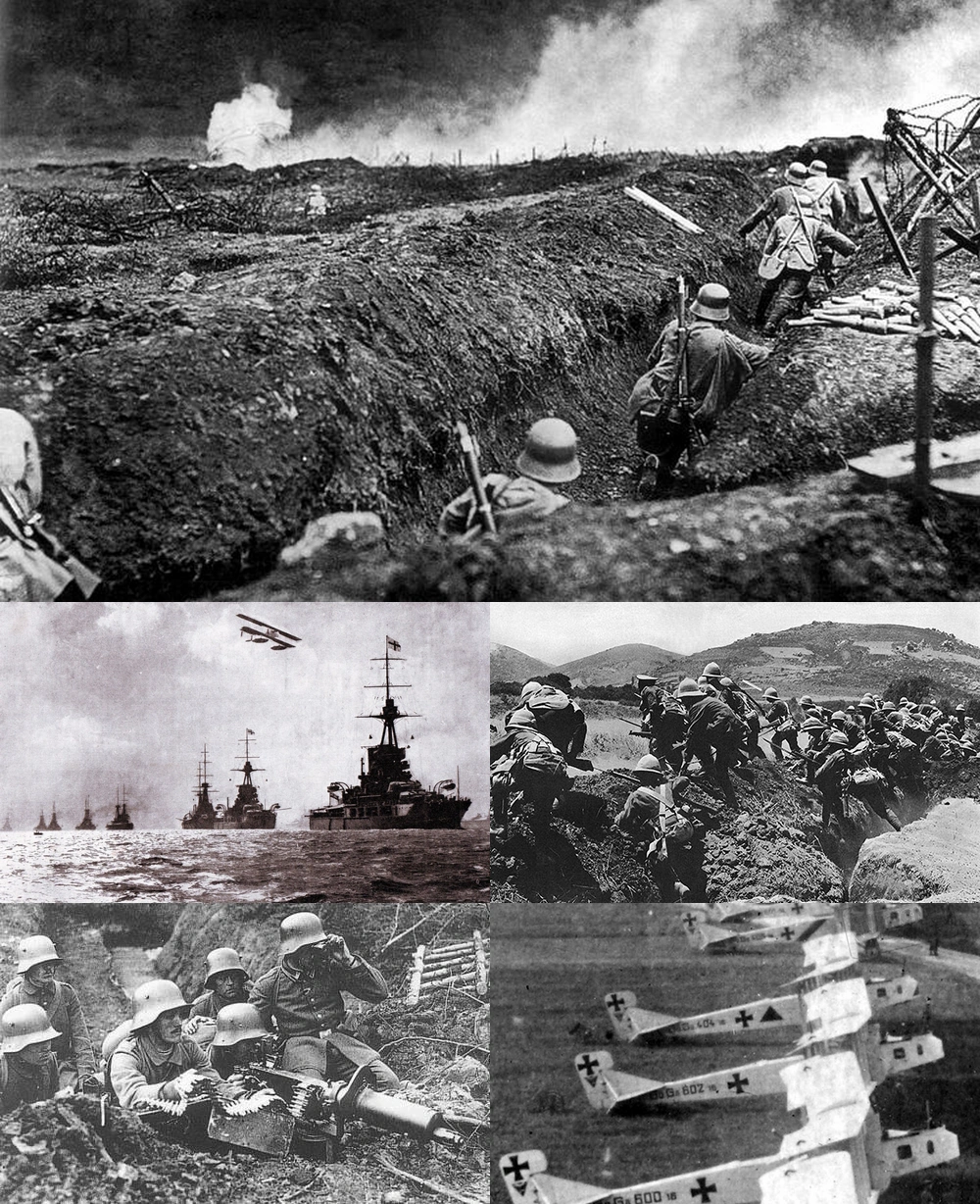First, I'd like to say that this timeline is the reason I made a account for this website, so congrats on the great work TheReformer. I initially wanted to jump in on the Bulgarian border bit, but that was solved it seems (the border posted was of the post-First Balkan War one). However, I seem to recall a somewhat short comment/discussion on what would become of Belgium TTL and I disagree what I seem to remember of it, that Belgium "would just shift to rely on the Flemish population". This is a misunderstanding of the nature of Belgium's internal dynamics. Belgium's internal dynamic really is trifold, not dual. Power historically laid with the Francophone upper and middle class of Flanders and only after WW2 would Dutch become a language for the upper class as well, with the best example for this being that a official Dutch version of the Belgian constitution was only published in 1967. This part of the population mainly earned its wealth off of the Wallonian industry that then flowed north to mainly Brussels but also cities with other strong Francophone concentrations. It should be obvious that Belgium is even more wrecked TTL than it was IRL. The Meuse Valley, including Liege, is now German, and with it the resources that brought about the industry in the Sillion Industriel and by extension the port of Antwerp. The Francophone part of the population has shrunken considerably, and whilst Germany has had to retreat from Belgium, it is still victorious whilst Belgium is still left to deal with those who collaborated with them. And the collaborators do enjoy the support of the Front Movement. Belgium may just be irrevocably broken by circumstances outside of its controll. The one saving graces would be that with a loss of industrial territory, the socialist movement may be weaker and Albert I's still enjoys personal popularity among the veterans. And don't mention Degrelle, him entering politics was a fluke IRL already

